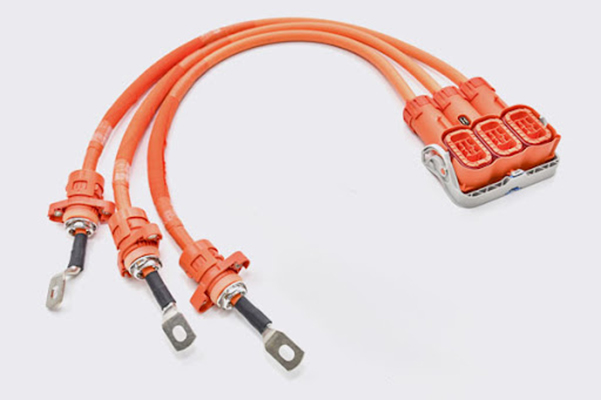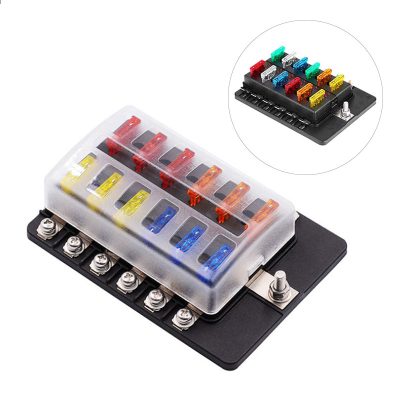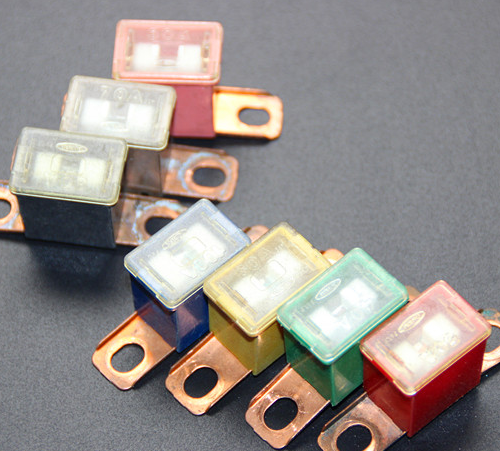The Importance of 12V Glass Fuses in Protecting Automotive Circuits
News 2025-10-27
12V glass fuses are essential components in automotive electrical systems, designed to safeguard circuits from overcurrent and short circuits. These fuses feature a glass tube with a metal filament that melts when excessive current flows, breaking the circuit and preventing damage. Commonly used in vehicles, they provide reliable protection for lighting, audio systems, and other electronics. Their compact size and affordability make them a standard choice in automotive design, ensuring safety and longevity in various driving conditions.

Applications in Automotive Systems
12V glass fuses are widely applied in automotive contexts, such as protecting the wiring for headlights, taillights, and interior lights. They also secure power distribution in entertainment systems and accessory circuits. In modern vehicles, these fuses integrate into fuse boxes, offering quick replacement and minimal downtime. Their ability to handle voltage spikes and thermal stress makes them ideal for engines, batteries, and electronic control units, enhancing overall vehicle reliability.
Performance Advantages
One key advantage of 12V glass fuses is their fast response time to overcurrent, which minimizes potential damage to sensitive automotive components. They offer high breaking capacity, effectively interrupting fault currents without exploding. Additionally, their transparency allows for easy visual inspection of the filament status, simplifying maintenance. Compared to other fuse types, glass fuses provide cost-effective protection with consistent performance across temperature variations, making them a preferred option for automotive engineers.
Common Questions
1. What is a 12V glass fuse?
A 12V glass fuse is a protective device with a glass body and metal wire that melts to break the circuit during overcurrent events in automotive applications.
2. How do I select the right fuse rating?
Choose a fuse rating based on the circuit’s normal operating current, typically 10-20% higher to avoid nuisance blowing while ensuring adequate protection.
3. Can glass fuses be reused after blowing?
No, glass fuses are single-use; replace them immediately after they blow to maintain circuit safety and prevent electrical hazards.


